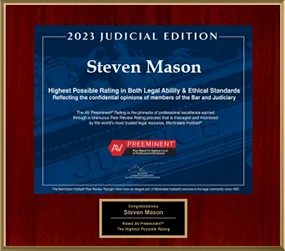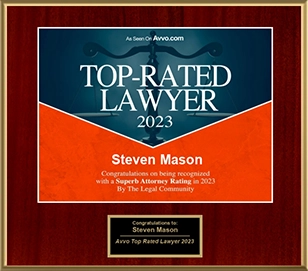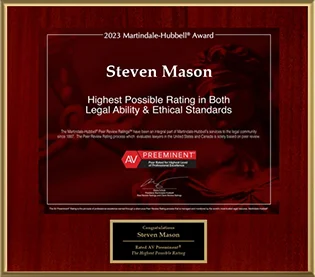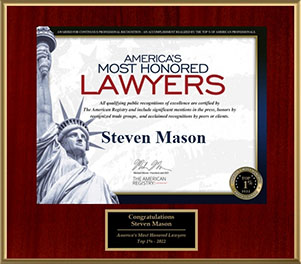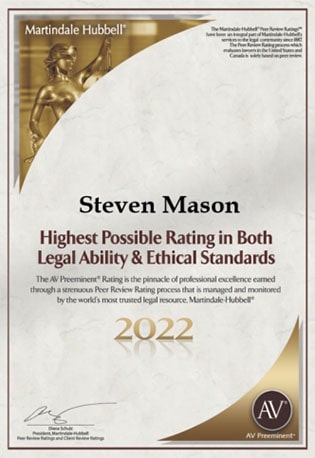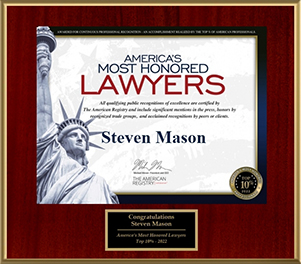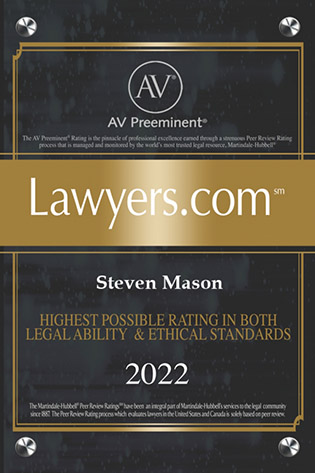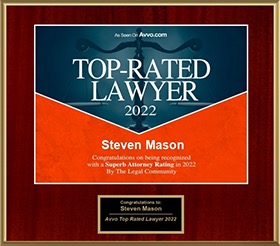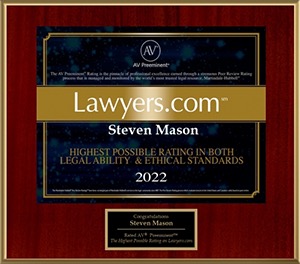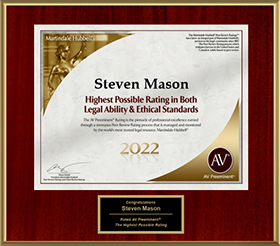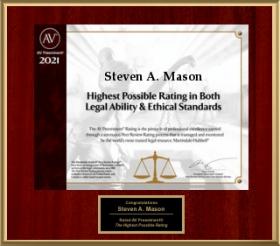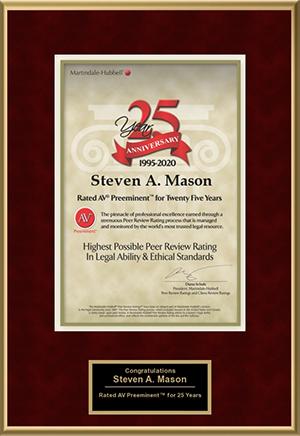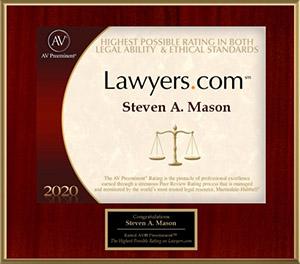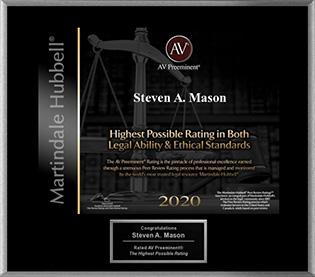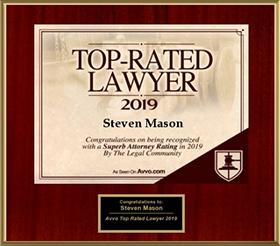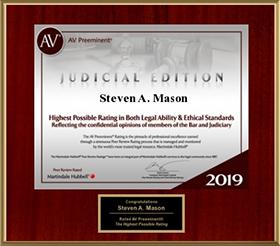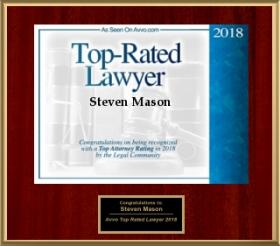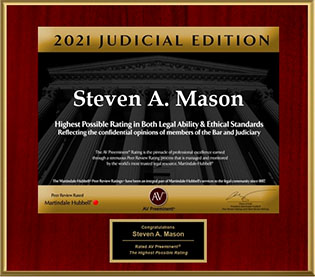Children & The Fair Housing Act

The federal Fair Housing Act (FHA) prohibits discrimination based on a person’s membership in a protected class – race/color, religion, national origin, sex (gender identity and sexual orientation explicitly included), religion, disability, and ‘familial status.’ The latter is not normally found in federal antidiscrimination lawsuits, but for the FHA, it explicitly refers to families with very young children, pregnant women, and/or families in the process of adoption. In Florida it has perhaps a higher-than-average tendency to become an issue, given the number of communities intended to be reserved for older people – but if you believe you have been discriminated against, you may be able to file suit against the landlord if certain criteria are true.
Familial Status Is A Protected Characteristic
Historically, it was considered more acceptable to discriminate against potential renters or buyers based on a host of immutable characteristics. The Fair Housing Act was passed in 1966, but it was not until 1988 that ‘familial status’ was added to the list of protected characteristics. The ‘status’ in question was having minor children (or “too many” minor children), and with rare exceptions, the rule has remained in force to this day. While homeowners have the right to quiet enjoyment of their homes, it cannot come at the cost of explicitly denying an otherwise qualified applicant the right to accommodation.
While the Act does not apply to every home – it excludes owner-occupied buildings with 4 or fewer units, and housing offered by religious groups or private clubs that is restricted to members only – it does apply to most other dwellings, and it explicitly forbids not just declining to rent to someone on the basis of a protected characteristics, but also other behavior that might qualify as “soft” denials – for example, falsely telling a family that a housing opportunity is no longer available, or establish arbitrary and impossible standards before agreeing to rent to certain people.
Floridian Exceptions?
Florida follows the federal statute, and thus has the same prohibitions in place. However, one particular issue tends to rear its head frequently in Florida simply because of the percentage of the state’s population over the age of 60, and that is the question of so-called “55+ communities.” 55-and-older communities are legal, and seek to provide a space for those over 55 to live together if they so choose. They are also the single type of housing development generally allowed to discriminate against families based on the number of children they have.
That said, a community must establish three criteria before it can lawfully qualify as a “55+ community” for legal purposes, otherwise it is simply a homeowners’ association or condominium development with a high percentage of owners over a certain age. The criteria are:
- At least 80 percent of the units are filled by owners over the age of 55;
- The community observes procedures that show its intent to specifically be a 55+ housing community; and
- The community complies with requirements set forth by the Department of Housing & Urban Development (HUD) for verifying the age of residents.
If a community satisfies these requirements, it will qualify for the FHA exemption and be able to refuse families with minor children in the name of quiet enjoyment for its elderly residents. If it does not meet the requirements, however, families with young children cannot be barred from the community – it may still be possible to write restrictions into the association’s governing documents, but in general, one cannot ban people under a specific age unless an exemption applies.
Contact A Hollywood, FL Community Association Attorney
If you are a person who has young children and are looking for a place to live, know that with rare exceptions, you cannot be turned away solely due to your familial status – but if you are looking in a community that serves as Housing for Older Persons, that may not be the case. A Hollywood, FL community association attorney from the Law Offices of Steven A. Mason, P.A. can be your first call if you have been discriminated against – you have rights and deserve for them to be upheld. Call our office today at (954) 963-5900 to speak to an attorney.
Source:
hud.gov/program_offices/fair_housing_equal_opp/discrimination_against_families_children


